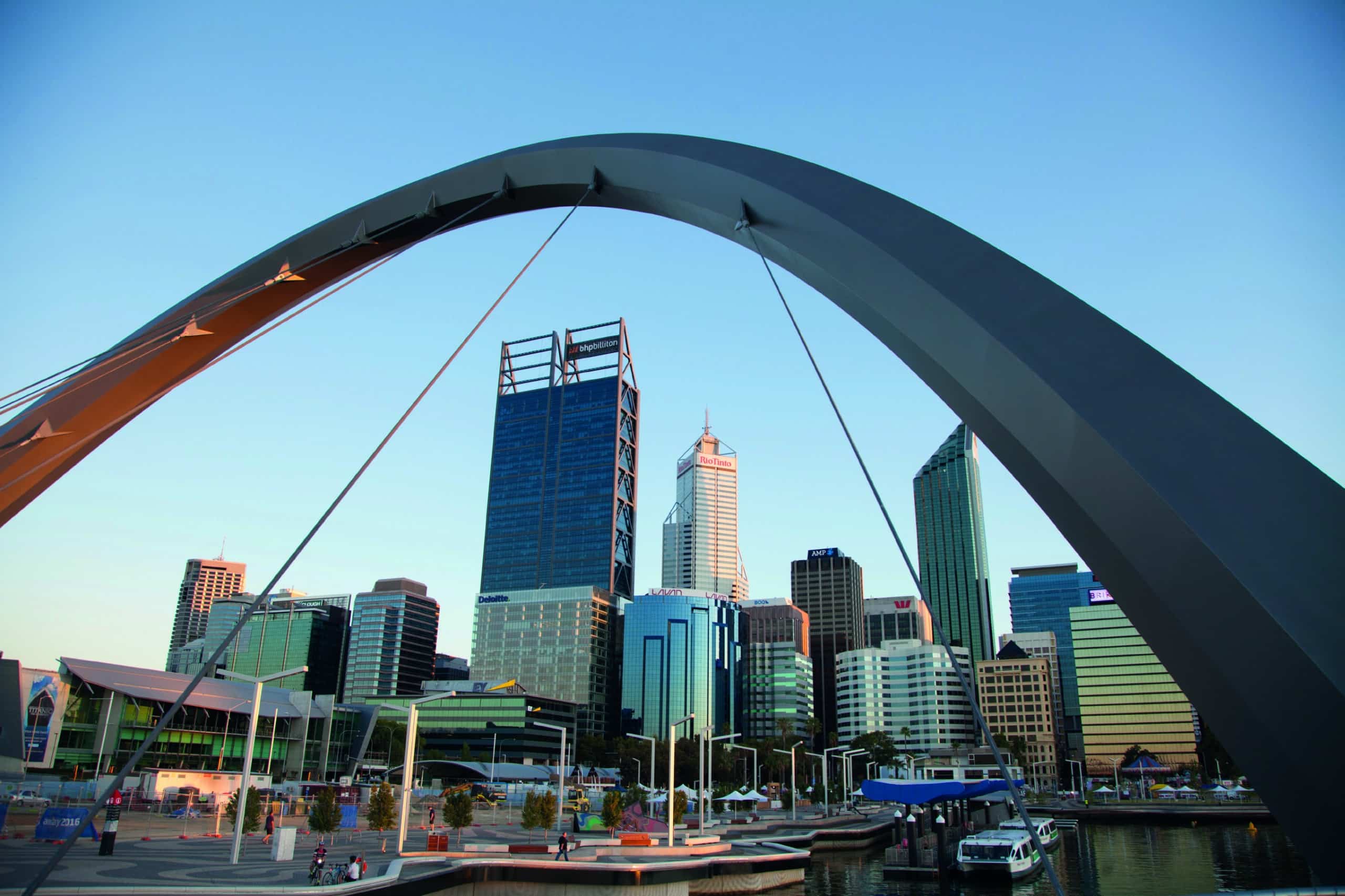Prime Minister Scott Morrison committed to busting “regulatory and bureaucratic barriers” that are holding back progress and investment for businesses in his first major speech since the federal election.
Morrison, who laid out the Federal government’s economic agenda at CCIWA’s business breakfast this morning, acknowledged that red tape was hampering business’s ability to create jobs.
“To promote much needed animal spirits in our economy we must also remove regulatory and bureaucratic barriers to business investing and creating more jobs,” he said.
“Congestion is not just about what’s happening on our roads in our cities we also need to bust regulatory congestion and remove obstacles to business investment.”
He said the move was Trump-inspired as, along with tax cuts it was the Trump administration’s “commitment to cutting red tape and transforming the regulatory mindset of the federal bureaucracy that delivered the first wave of improvements in their economy”.
Morrison said the Federal Government had already successfully removed $6 billion of worth of costly red tape measures and the renewed focus would look at it from a different perspective such as from the opening of a mine, commercialise a new biomedical innovation or starting a home-based family business.
“By focusing on regulations from the viewpoint of the business we will identify the regulations and bureaucratic processes that impose the largest costs on key sectors of the economy, where the bottlenecks are and the biggest hurdles to letting those investments flow,” he said.
“Step one is to get a picture of the regulatory anatomy that apply to these key sectoral investments, work out what the blockages are and step three is to remove them like cholesterol from the arteries.”
He admitted businesses had made valid criticisms of Commonwealth departments and regulations.
“There is a clear need to improve approvals timeframes and reduce regulatory costs and in many cases regulators are making things worse,” he said.
“Here in WA, the Environmental Protection Authority and the uncertainty it’s created over new emissions requirements for the resources sector is not good for investment.”
Morrison said three other elements of Federal government’s economic growth plan included:
- lowing taxes and sharpening the incentives to work and invest and getting infrastructure projects moving as quickly as possible
- boosting the economy’s long-term growth potential by and productivity by lifting skills capability with an overhaul of the VET system
- driving uptake and adoption of digital technologies
He said the key goal of the economic plan was to create more jobs, which meant getting the settings right so that businesses had the confidence and capacity to back themselves.
“The only way to create more jobs … is to increase the levels of investment in our economy, job creating investments that unlock productivity gains and enable Australians to earn more,” he said.
When asked about the impact of trade tensions between the US and China and the impact they could have on Australia, Morrison said the global fundamentals were far more sound than a few years ago when concerns were about the slow growth in merchandise trade.
“The only barrier is actually political, and I don’t mean in a partisan sense I mean by the actions of these key players in at this stage not being able to resolve pretty significant issues,” he said.
“I think it is not reasonable for Australia or any other country to be drawn into that dispute, it’s between China and the US.”
CCIWA CEO Chris Rodwell said as a frequent visitor to WA, Morrison had shown he understood the importance of WA businesses to the WA economy.
“This of course couldn’t be more apparent with him choosing to make his first major public speech since the federal election here with CCIWA and the business community,” he said.












